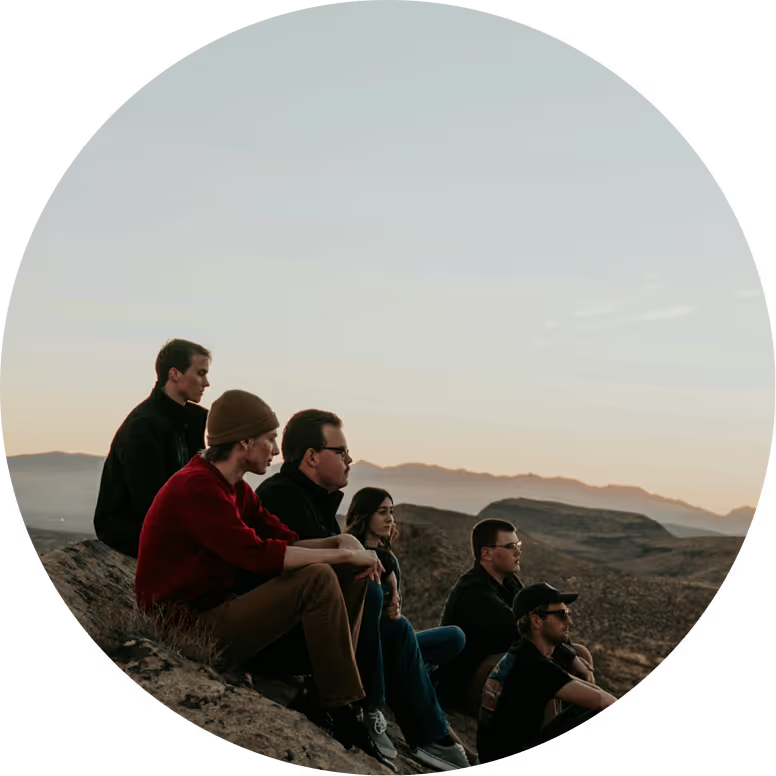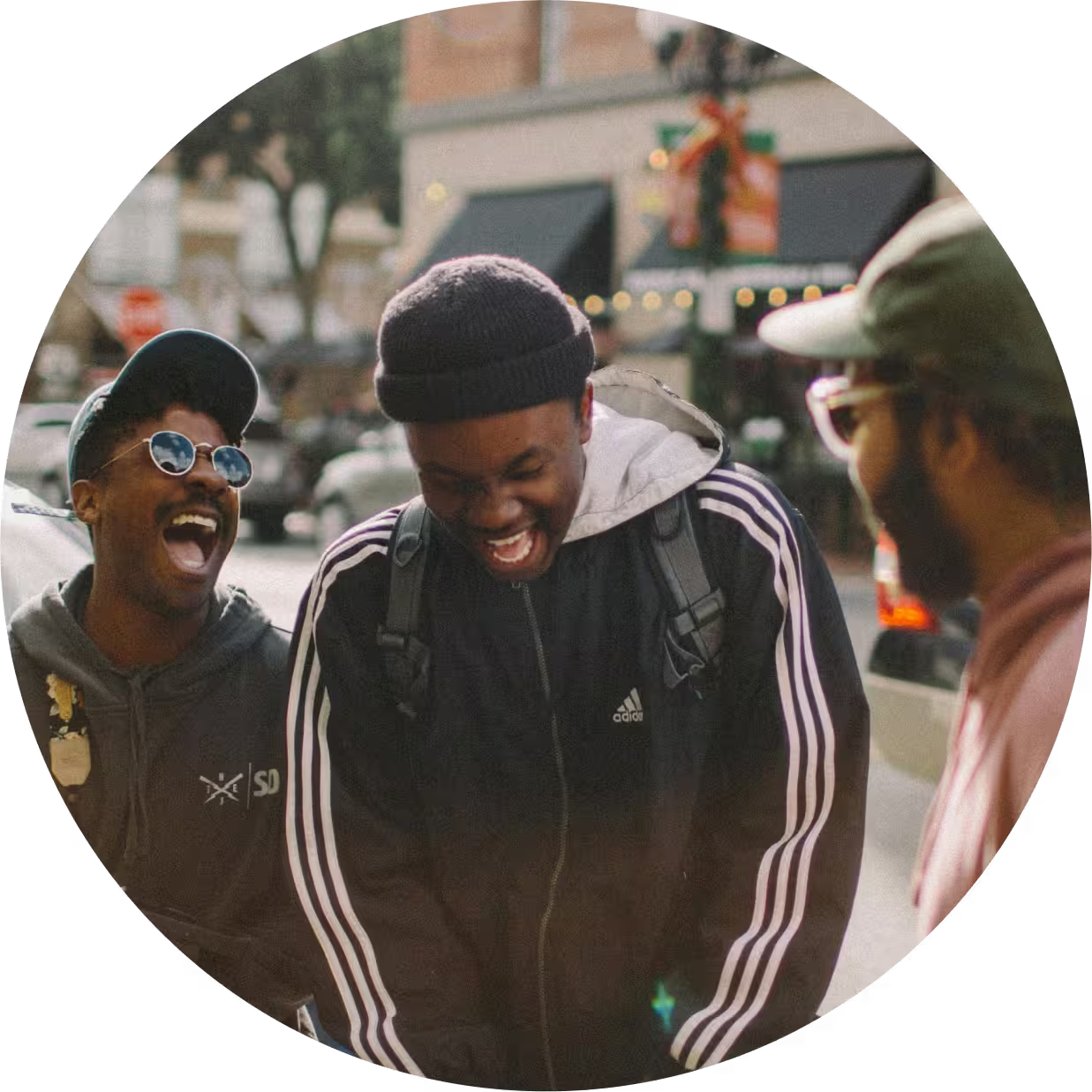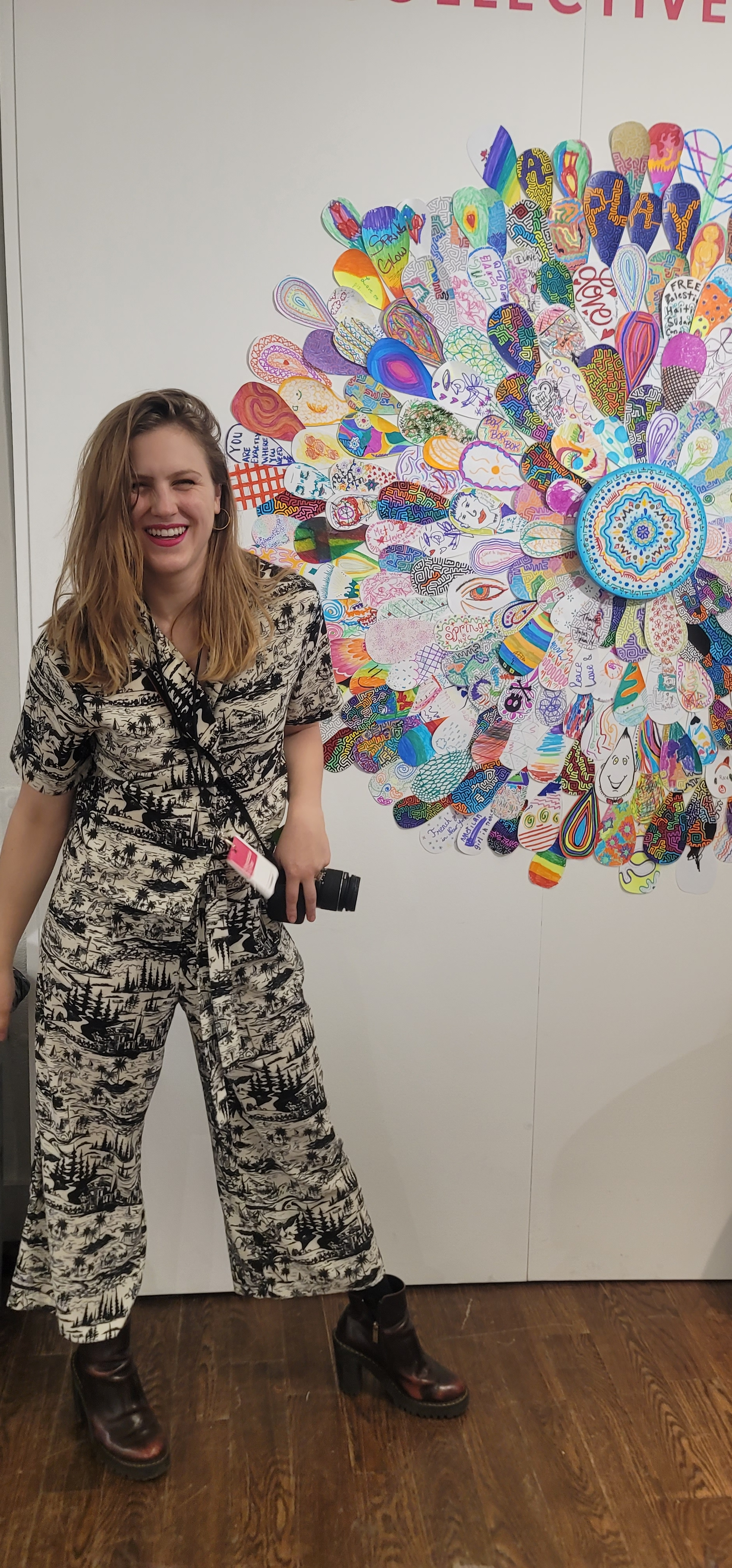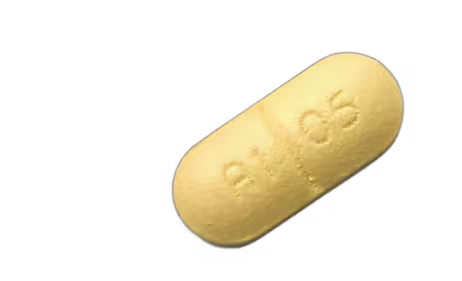A better way to quit content
You’re more likely to recover with support than going it alone
Speak to someone about your tech addiction








Movies brought my family together as total cinephiles, yet this same passion would slowly turn into compulsive content consumption.
College shattered my relationship with choice. Suddenly, every movie and show was at my fingertips.
Casual viewing turned into compulsive consumption, filling every gap of downtime.
Work replaced one addiction with another. Trading screens for "productivity" didn't solve anything. Anxiety crept in and followed me everywhere.
When I finally faced the truth that something had to change, eliminating constant stimulation filled the silence with big emotions.
Through support of my chosen family, I'm learning to give myself grace.

Meet Nostos Heroes
Nostos means a hero's homecoming in ancient Greece. Today, we help modern day heroes live their best life, beyond the screen.

We couldn't have done it alone
Build your Support System
Accountability Groups
Break isolation. Share without judgment. Learn from others who understand.
Find community with others on the same journey. Regular 60-minute peer accountability groups led by trained facilitators.
Medication Support
Reduce cravings when willpower isn’t enough.
Quiet the noise of constant urges so you can focus on building your new life. FDA-approved medication that reduces the rewarding effects of addictive behaviors. Prescribed and monitored by licensed healthcare providers.


Intensive Coaching
12 weeks. Small confidential groups. Real accountability. Lasting change.
Build lasting recovery skills in small, expert-led groups. Get evidence-based tools and forward-looking coaching alongside peers who fuel your momentum.

You are not alone
Millions struggle with their [tech] addiction in silence.
Recovery starts when we connect.
















Love for Nostos
I walked into therapy with my Nostos trigger journal in hand.
Because my patterns and stress points were already on paper, my therapist and I could dive straight into real work—our session felt twice as productive.”

A helpful tool to have
Lorem ipsum dolor sit amet, consectetur adipiscing elit, sed do eiusmod tempor incididunt ut labore et dolore magna aliqua.

A helpful tool to have
Lorem ipsum dolor sit amet, consectetur adipiscing elit, sed do eiusmod tempor incididunt ut labore et dolore magna aliqua.

We love curiosity
Here are the most frequently asked questions.
As an addiction psychiatrist, this is a question I get nearly every day. Common sense tells us that addictive technologies surround us—we all feel the pull of our phones and social media competing for our attention, wearing us thin. However, there's no single, agreed-upon definition of "tech addiction," "social media addiction," or "online gambling addiction." Adding to the complexity, some conditions, like video game addiction, have competing definitions describing the same phenomenon (e.g., Internet Gaming Disorder vs. Gaming Disorder).
The distinction between healthy technology engagement and addiction is a subtle one. Making this assessment requires in-depth interviews and a thorough understanding of someone's life circumstances. Without knowing a person's identity and aspirations, it's virtually impossible to determine if their technology use has become problematic.
Let's define addiction in its simplest terms. It's a persistent pattern of behavior that causes distress and interferes with someone's ability to fulfill their life roles. Additional symptoms often include obsessive thoughts and emotional withdrawal. Do I hear about people’s experience these symptoms with technology? Yes—I hear about it almost every day. Moreover, patients tell me they know their tech use is worsening their depression and anxiety, but they can't stop.
This is my answer: people share their technology struggles with me daily. They feel lost, unsure where to find help, and skeptical that effective treatments exist for excessive use of social media, pornography, and similar digital content. It breaks my heart because we have so many powerful mental health tools that can help people regain control over their technology use.
Yes, both common sense and my clinical experience indicate that tech addiction is a real and growing problem. Yet it's a challenge I'm eager to address—our existing treatments are effective, and help is available.
Dr. Sherer, CCO Nostos
No two cases of tech addiction look alike. In fact, no two cases of any addiction look alike. Addiction never happens in isolation—it happens to a real person with goals, dreams, and a complex history. Each person's experience with addiction is unique, just as their path to recovery will be.
Tech addiction can be particularly difficult to spot because excessive tech use has become normalized in our society—even celebrated. Just look around next time you're waiting for public transit. These days, it's unusual to see someone who isn't glued to their phone.
The devil is in the details.
Generally speaking there are six main symptoms to watch out for.
- Salience
You spend a lot of time thinking about social media or planning how to use it.
- Mood Modification
You use social media to forget about personal problems or reduce feelings of anxiety, guilt, or depression.
- Tolerance
You feel an urge to use social media more and more to achieve the same pleasure you once did.
- Withdrawal
You become restless or troubled if you're prohibited from using social media.
- Conflict
You use social media so much that it has had a negative impact on your job, studies, or relationships.
- Relapse
You've tried to cut down on social media use without success.
These symptoms, developed as part of the Bergen Social Media Addiction Scale, help identify problematic social media use patterns. Answering "often" or "very often" to at least four of these criteria may indicate potential social media addiction.
Dr. Sherer, CCO, Nostos







